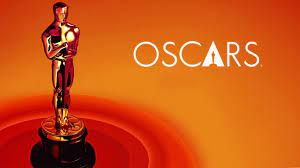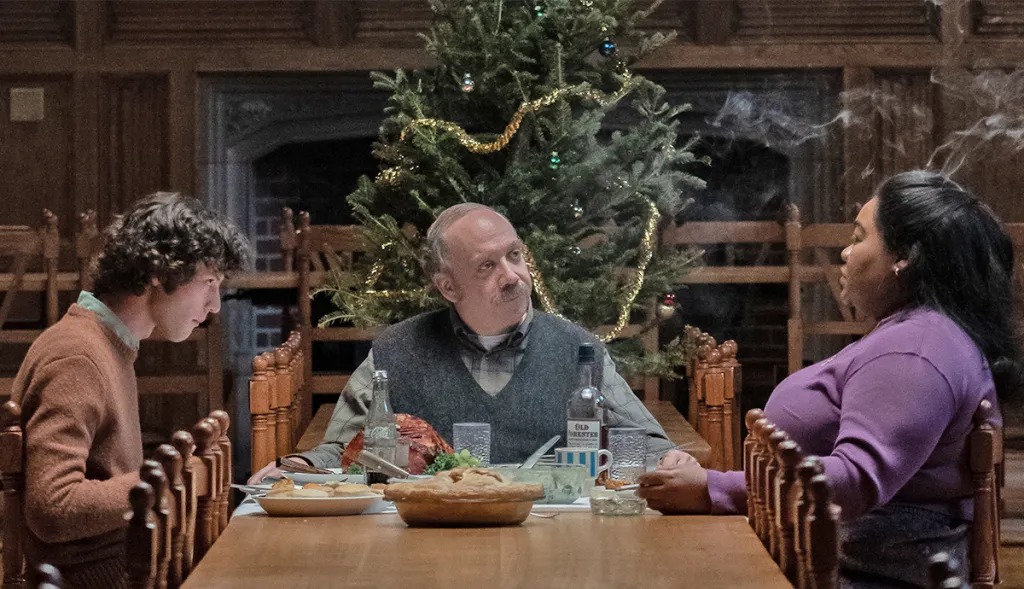The 96th Academy Awards nominations were announced on January 23. To Oscar watchers, the Best Picture list is no surprise. All the ten movies have been garnering praises all along in the past year. Here are some ripples from Arti’s Pond. My views may not reflect yours, so, you’re welcome to throw in your two pebbles to generate yours.
This year the nominations are voted by members of The Academy of Motion Picture Arts and Sciences from 93 countries, over 9,400 eligible voters. Here are the ten Best Picture nominees with links to my full review and others a capsule review here.
Here are the Best Picture Nominees for the 96th Academy Awards:
American Fiction –– My favourite of all the nominees that I have watched on this list. Clever, funny, and superbly performed. While I haven’t read the literary source Percival Everett’s 2001 novel Erasure, I find the movie in itself thought-provoking, well-edited, and with a relevant, hilarious twist at the end. A heartfelt description of family relations while presenting an acerbic satire on racial stereotyping in the publishing industry, extending to the general American society. Winner of TIFF’s People’s Choice Awards last September, a choice, I suppose, is easier for us unhindered outsiders to make. 5 Oscar noms.
Anatomy of a Fall –– My full review here. 5 Oscar noms.
Barbie –– While Greta Gerwig is one of my favourite film writers, directors, and actors, I’m afraid I don’t share the enthusiasm of the populist. Is it that hard to imagine a girl growing up just might not like dolls and least of all a Barbie, and who averts anything pink? Exactly, it’s hard for me to embrace the movie that is a sensory overload of objects I’m apathetic about. Nevertheless, I must say, Greta, your dealing with existential issues of being and nothingness using a doll is ingenious. Above all, you’re bold to laugh at Mattel, Man and Money. Biggest irony is, in laughing at the three M’s you’re raking in billions of box office sales. 8 Oscar noms
The Holdovers –– My full review here. 5 Oscar noms.
Killers of the Flower Moon –– A typical Martin Scorsese film with in-depth storytelling using his trump cards, strong character actors Leonardo DiCaprio and Robert De Niro. How the discovery of oil brings not only wealth to the Osage people but grief and heartbreak is a chapter in early FBI history. But the movie doesn’t focus so much on the FBI investigation but the dubious marriage relationship between Earnest (DiCaprio) and Molly (Lily Gladstone). As I watched, I was thinking if I were the editor, I’d cut out an hour of its 3 hours 26 mins length and it can still run smoothly. A breakout performance for Gladstone. I first saw her in Kelly Reichardt’s Certain Women and later in First Cow, but Scorsese has brought out the strong actress in her. 10 Oscar noms
Maestro –– As a Leonard Bernstein fan since my college days, still have his book The Joy of Music on my shelf, his LP box album of the complete Beethoven’s Nine Symphonies with the NY Philharmonic in my LP collections, I’m disappointed that Bradley Cooper chooses to depict the side of the iconic composer, conductor, pianist, educator and writer that is the most disturbing and least admirable, i.e. his betrayal of his devoted wife. Of course, it makes sensational movie materials. Cooper’s portrayal comes off as flippant and cocky. Yes, Carey Mulligan deserves an Oscar nom after putting up with all those smoking and having had to inhale constantly as well. 7 Oscar noms.
Oppenheimer –– You might be surprised, but I still haven’t watched this Oscar frontrunner with 13 noms and for some reasons, have a weak desire to. Go ahead, psychoanalyze me.
Past Lives –– My full review here. 2 Oscar noms.
Poor Things –– It’s all good with fantastic set design and art rendering, fresh and meaningful storyline touching on existential issues behind its comic veneer. An adult behaving like a child isn’t anything new, we see these bodies almost everyday, but Emma Stone as Bella makes it entertaining, enlightening and thought-provoking. Mark Ruffalo deserves an Oscar nom. Brilliant LOL scene where he tries to pair with Bella’s crazy dance moves to deflect her oddity on the dance floor. All good except one section that I feel is gratuitous on the part of director Yorgos Lanthimos and that’s the Paris chapter where Bella works as a prostitute to earn money. No need to repeat her act with man after man after man. 11 Oscar noms.
The Zone of Interest –– On the top of my TBW list. 5 Oscar noms.
The 96th Academy Awards will take place Sunday, March 10, at the Dolby Theatre in Hollywood, Los Angeles.


























